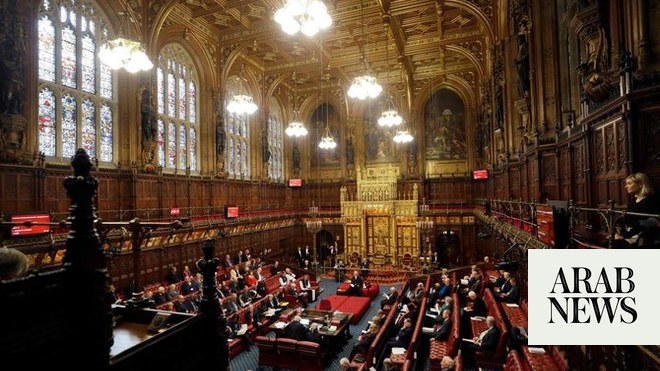
The police’s understanding of the far-right extremist threat in the UK is a decade behind the curve because it is based primarily on an understanding of yesterday’s organisations, according to a leading expert.
The warning from Matthew Collins, the author of a book on National Action, came after a 22-year-old became the first serving British police officer to be convicted of a terrorism offence, after he was found guilty of belonging to the banned neo-Nazi group on Thursday.
The Metropolitan police is now facing serious questions about how Ben Hannam was able to get around its vetting process. Collins told the Guardian part of the problem was a fixation on now irrelevant organisations, such as the British National Party.
“It’s 10 years out of date. They are looking at what academics saw in the BNP 10 years ago – we’re way beyond that,” he said.
Collins, a prominent member of Hope Not Hate, the anti-racist organisation that helped foil a National Action plot to murder an MP, said: “The police just don’t understand it.”
He warned that much of the police’s understanding of the far-right threat was based on academic work done around 2010, when Hannam and other recently convicted members of groups such as National Action were children.
“People have to realise these aren’t anti-immigration groups, they’re not even extensions of anti-immigration groups. These are people who have developed an ideology. It’s like nihilists; all about violence, terror, killing and torture.”
And he warned that a weakness in the vetting processes meant it was highly unlikely that, in unearthing Hannam, police had “caught the one that got away”, adding that he expected more extremists to be serving.
While he said he did not believe there was an organised network of racism and terror within the police, he said there had been failings. “First of all in detecting far-right ideas and activity. They were [focusing on] asking people whether they were members of the BNP or any other far-right groups. The scrutiny definitely isn’t fit for purpose or up to scratch.”
Collins, who wrote Nazi Terrorist: The Story Of National Action, said the threat such groups posed was roughly equivalent to that posed by Islamist fundamentalists, though he cautioned against overstating the strength of the far-right in the UK.
Hannam had been working as a probationary officer for the Metropolitan police for nearly two years before his details were found on a leaked database of users of an extreme rightwing forum.
He was convicted of membership of National Action, which was banned in December 2016. The form of membership itself was one of the issues Collins highlighted, saying it was more secret and informal than belonging to an organisation such as the BNP. Rather than having paying members, he said, far-right groups today tended to focus more on membership conferred by inviting trusted people into secret discussions.
Hannam was also convicted of lying on his application and vetting forms to join the Met and of having terrorism material detailing knife combat and making explosive devices. He also admitted possessing an indecent image of a child, which was to have been the subject of a separate trial.
The College of Policing said its recruitment guidance had recently been updated as part of a “continuous review”. It said its template encouraged forces to ask potential recruits: “Have you ever been involved in any actions that could be described as politically, religiously, racially or environmentally disruptive.”
“The national constable recruitment application form, which is distinct from vetting, previously contained a question specifically referencing BNP membership but that was updated in December 2020 and now asks candidates whether they are or have been a member of a proscribed terrorist organisation or group.”












